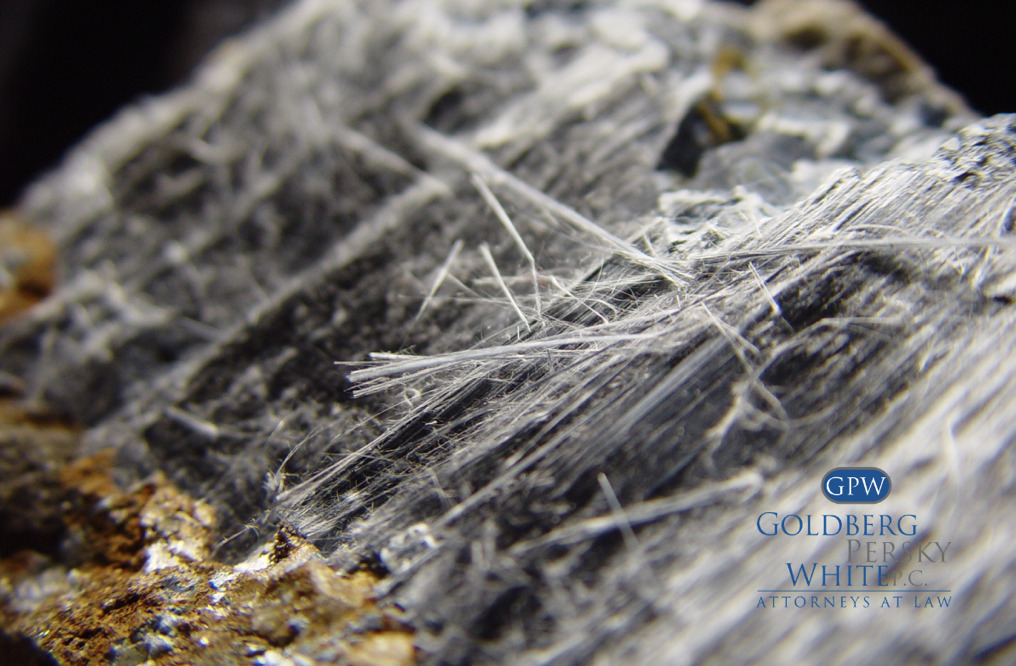National Cancer Prevention Month 2024
February is National Cancer Prevention Month. Research shows that more than 40 percent of cancers that are diagnosed and half of all cancer deaths are from preventable causes. Causes can include smoking, excess body weight, physical inactivity, and excessive exposure to the sun. In 2020, it was estimated that 1,806,590 new cases of cancer would be diagnosed in the United States and that 606,520 people would die from the disease. Based on cases from 2013 through 2017, the rate of new cancer cases is 442.4 per 100,000 men and women. The death rate based on 2013 through 2017 cases is 158.3 per 100,000 men and women. This is why preventing cancer is so important. Taking steps to prevent cancer cases can help prevent needless loss of life.
One way to prevent cancer is to avoid using tobacco. Smoking is linked to many different types of cancer including lung, mouth, throat, voice box, pancreas, bladder, cervix, and kidney cancers. Even if you do not smoke, exposure to secondhand smoke increases your risk of lung cancer. Chewing tobacco and other smokeless tobacco products are also risky. They are linked to mouth, throat, and pancreatic cancers. If you use tobacco consult a doctor about smoking cessation products and ways to quit.
Eating a healthy diet and being physically active are another way to prevent cancer. To do this, you should base your diet on fruits, vegetables, and other plant-based foods like whole grains and beans. Limiting refined sugars and fat from animal sources is also a good plan. It is also advised to limit alcohol consumption. Alcohol increases the risk of breast, colon, lung, kidney, and liver cancers. Drinking more alcohol increases the risk of these cancers. Limiting processed meats is also advised since processed meats slightly increase the risk of certain types of cancer. In addition to eating healthily, it is best to maintain a healthy weight and to be physically active. Being a healthy weight decreases your risk of developing breast, prostate, lung, colon, and kidney cancers. Physical activity also helps reduce the risk of breast and colon cancers. At least 30 minutes of physical activity or more every day is advised by experts.
Protecting yourself from the sun is another way to prevent cancer. Skin cancer is one of the most common types of cancer and the most preventable. Tips to stay out of the sun include avoiding midday sun from 10 a.m. and 4 p.m. when the sun’s rays are strongest. Stay in the shade as much as possible when outdoors. It is also best to cover your skin as much as possible to prevent rays from causing cancer. Using sunscreen is also very important. A broad-spectrum sunscreen that is at least 30 SPF is best, even on cloudy days. You should also avoid tanning beds and sun lamps.
Being vaccinated can also reduce your risk of cancer. Hepatitis B causes liver cancer, so being vaccinated against it reduces your risk. You should also be vaccinated against human papillomavirus (HPV). It is a sexually transmitted virus that can lead to cervical cancer and other genital cancers in addition to squamous cell cancers of the head and neck. Avoiding risky behaviors is also a way to prevent cancer. Practicing safe sex by using a condom and limiting sexual partners decreases the risk of getting a sexually transmitted infection like HIV or HPV. People with HIV or AIDS have higher risk of cancer of the anus, liver, and lung while people with HPV have a higher risk of anus, penis, throat, vulva, and vagina cancers. Not sharing needles is also important. Shared needles can lead to HIV as well as hepatitis B and C, which increases your risk of liver cancer.
Avoiding carcinogens like asbestos is another way to prevent cancer. Asbestos is a mineral that was used widely for its heat and fire-resistant properties. It is made up of millions of microscopic fibers that become released into the air once disturbed. Once inhaled or ingested, they can become lodged in human tissue like the lungs, pleura, or peritoneum, where they stay for years. They then cause DNA changes in cells, turning regular cells into cancer cells. Staying away from asbestos is an easy way to avoid mesothelioma.
Finally, receiving regular medical care is a good way to prevent cancer. Doing self-exams and seeing the doctor to be screened for cancer of the skin, colon, cervix, and breast can raise the chances of finding the cancer early, which is most likely when treatment will be most successful. Speak to a doctor about the best cancer screening schedule for you.
Were you diagnosed with cancer and were exposed to a harmful chemical or another carcinogen like asbestos? Contact us today to see if you could be entitled to compensation. Call us at 412-471-3980 or fill out our contact form and a member of our team will get back to you as soon as possible.




